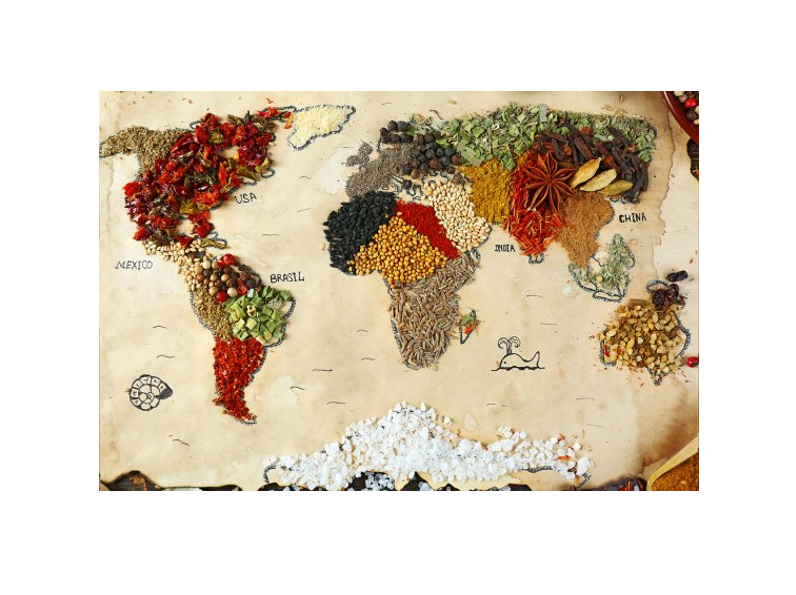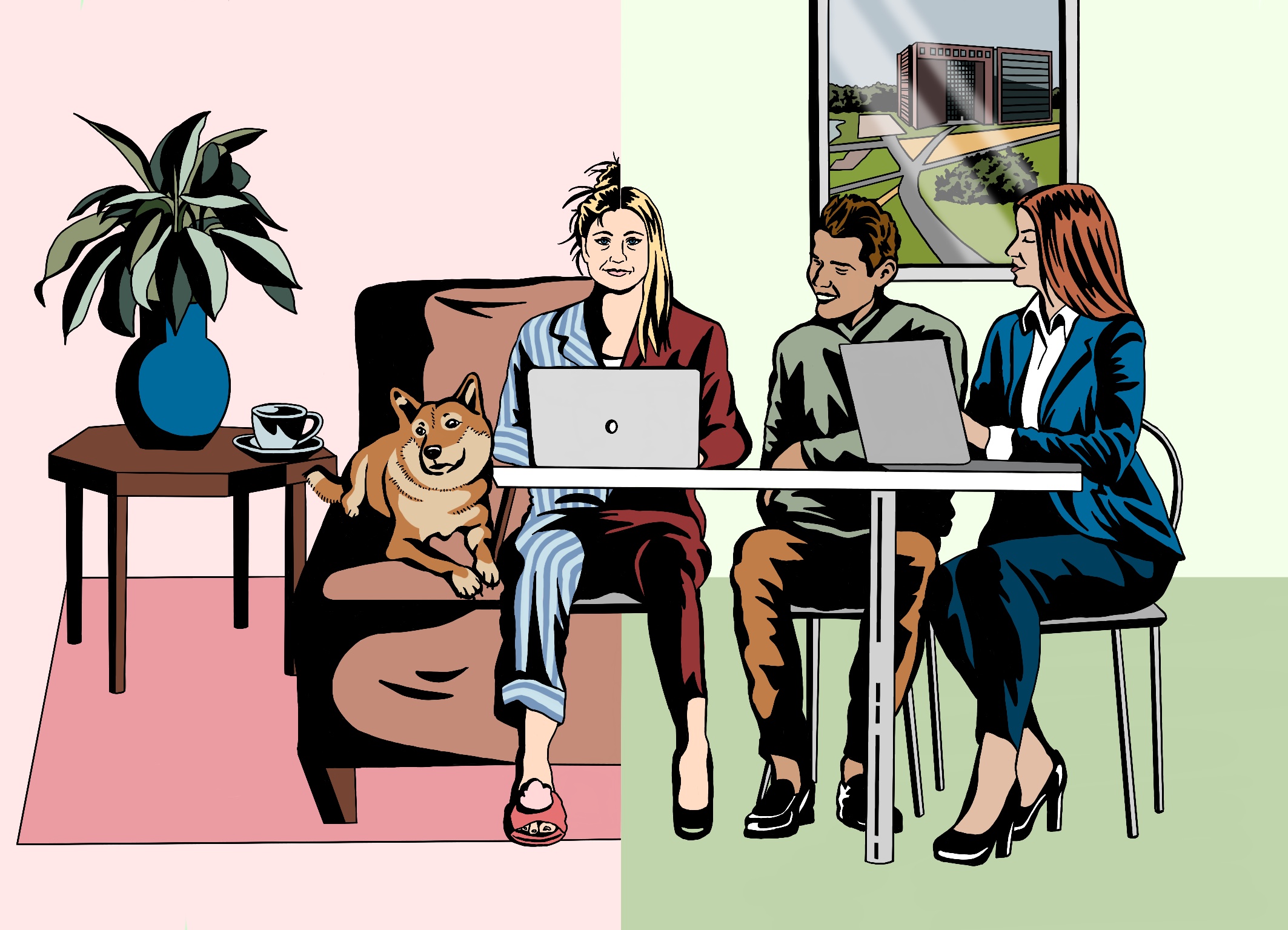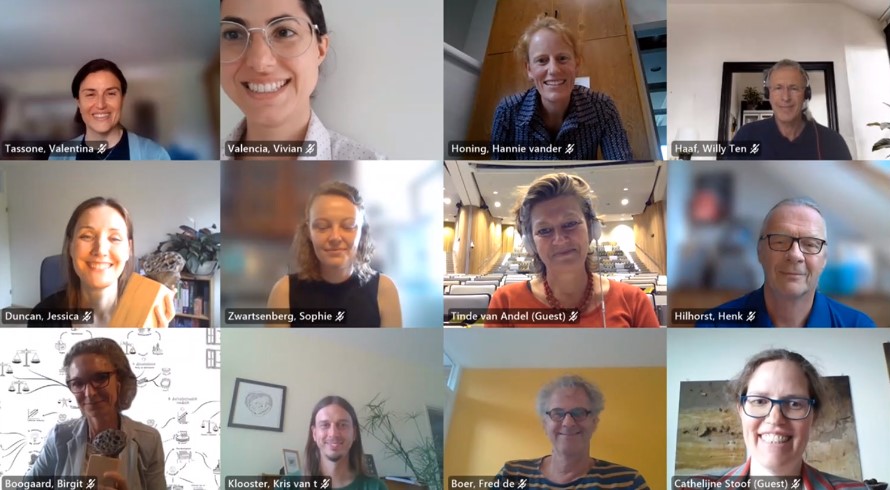Professor of Impact Analysis Ruerd Ruben observes that the coronavirus crisis could affect global food security. There is enough food, but the pressure is mainly on trade.
The UN is warning of food shortages; is that justified?
‘There is enough food for the short term. There are considerable reserves and in many countries the crops have already been sown, so we won’t immediately see a dip in production. The threat comes more from the demand side. Millions of people are losing their jobs due to the coronavirus crisis, purchasing power is going down, and that can affect demand for food.’
Aren’t harvests already being lost, in the Netherlands for example?
‘The asparagus harvest in Limburg is highly dependent on Eastern European labourers who are now staying at home. So those growers have a problem. The horticulturalists in Westland, near Rotterdam, have a problem too, but that is because overseas demand for flowers and vegetables has fallen. We are seeing that the trade in food is threatened by the coronavirus measures such as lockdowns and border controls. That can be to the disadvantage of the Netherlands as an exporting country.’
Trade in food is threatened by lockdowns and border controls
Ruerd Ruben
Are closed borders and protectionism bad?
‘Yes, and especially for African countries, where one in five calories are imported. If global trade in food is hampered by control measures and the sealing off of regions, there will probably be food shortages, especially in megacities such as Cairo, Lagos and Nairobi. Those cities have adequate stocks of food at the moment, but they will get finished. That’s why it is important that we don’t close the borders and do invest in developing countries. Those countries can only maintain their food supplies if we get the coronavirus pandemic under control together, and global trade carries on.’
Which goods can we no longer buy due to trade restrictions?
‘In the Netherlands we might not be able to import quite as much tropical fruit as usual – such as mangoes and bananas. Imports of grains and livestock feed might be affected too. On the other hand, we’ll have a surplus of potatoes, chicken and milk, which we export. There certainly won’t be a shortage of food.’

 ©Shutterstock
©Shutterstock 

